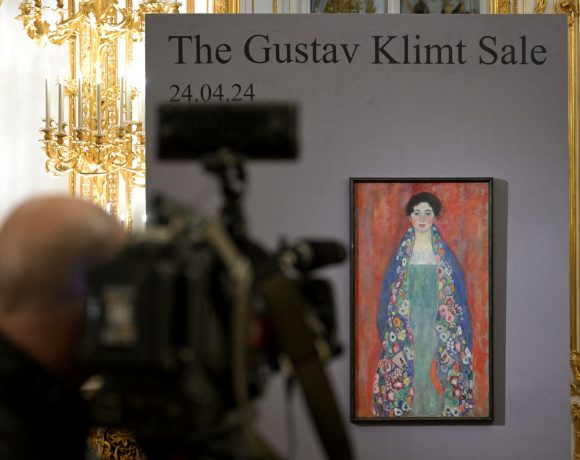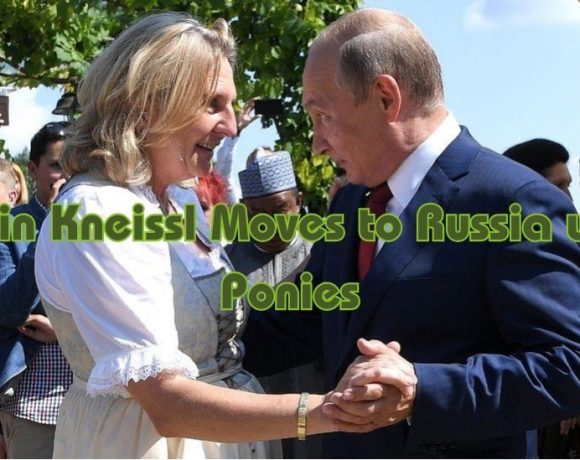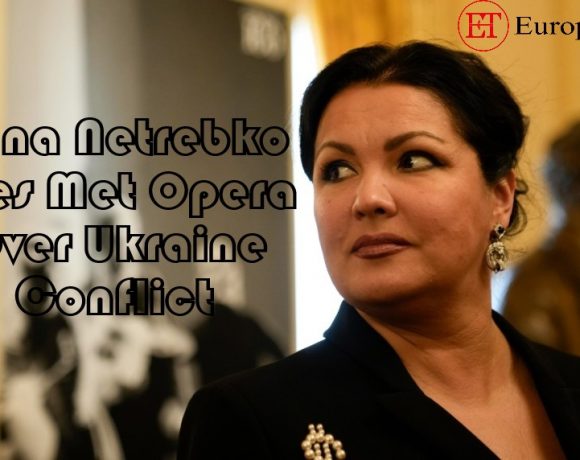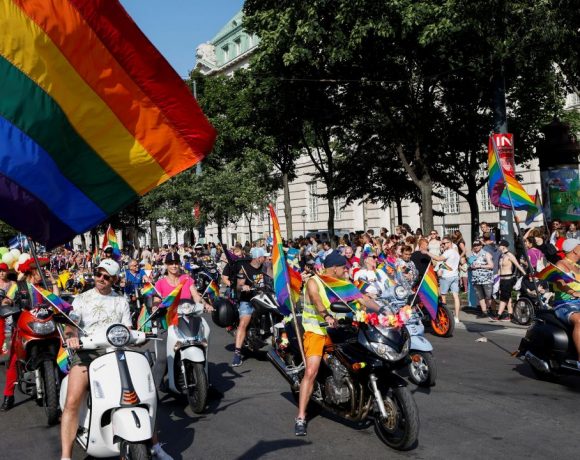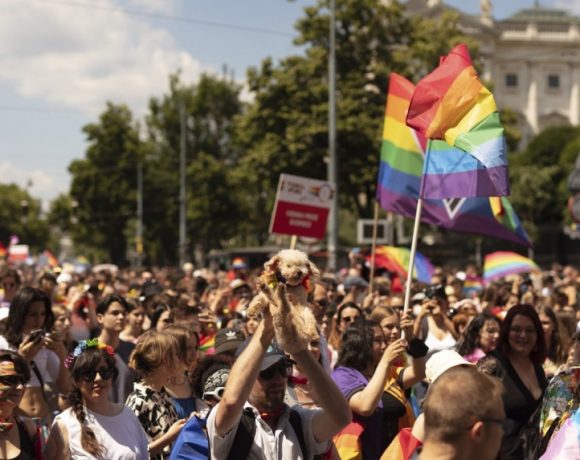Austria’s former Foreign Minister, Karin Kneissl, known for her pro-Russian stance, is relocating to St. Petersburg, Russia, accompanied by her two ponies.
Karin Kneissl had previously been residing in Lebanon but left her government position amid a scandal involving the far-right Austrian party that appointed her.
She explained that her ponies were transported to St. Petersburg via a Russian military transport plane from Syria.
Ms. Kneissl disclosed that her decision to move to Russia was driven by her role in managing a think tank at St. Petersburg University, which she co-founded. She emphasized the dedication required for this work and her inability to carry it out remotely.
When asked about her move to Russia’s second-largest city, she declined to provide further comment. However, on social media, she mentioned that her stay in Lebanon had been temporary “to survive” while she commuted to Russia for teaching.
Ms. Kneissl is renowned for her love of animals and cited sanctions against Syria and the security situation there as the reasons for using a military transport plane to bring her ponies and belongings to Russia.
The Leningrad region’s veterinary department confirmed that the ponies had undergone examinations and were placed in quarantine.
Karin Kneissl served as Austria’s Foreign Minister from 2017 to 2019, appointed as an independent by Austria’s far-right Freedom Party, which has close ties to Russia.
She gained international attention in 2018 when she invited Russian President Vladimir Putin to her wedding in southern Austria, with photographs showing her dancing with him.
Ms. Kneissl announced her move to Russia while attending the Eastern Economic Forum in Vladivostok, an annual event aimed at encouraging investment in Russia’s far east. During the forum, she was seen appearing to fall asleep while listening to President Putin’s keynote speech.
Karin Kneissl is a regular commentator on the Russian state-backed news channel RT and served as a board member of the state-owned oil company Rosneft.
She left Austria in 2020, citing death threats and a de facto ban on working in the country.
Her departure followed the collapse of the government coalition between the conservatives and the far-right Freedom Party in 2019, triggered by a scandal involving FPÖ leader Heinz Christian Strache, who was filmed allegedly promising government contracts to a woman posing as a niece of a Russian oligarch at a villa in Ibiza.
Currently, the Freedom Party is in opposition but leads in opinion polls, making it a strong contender in upcoming elections. Its new leader, Herbert Kickl, has criticized EU sanctions against Russia, blaming them for the rising cost of living.
Peter Gridling, Austria’s former spymaster from 2008 to 2020, expressed concerns about the Freedom Party’s ties with Russia and warned that the party had not severed its connections with the Kremlin.
Vienna, Austria’s capital, has a longstanding tradition as a hub for espionage, which persists to this day.
Picture Courtesy: Google/images are subject to copyright


